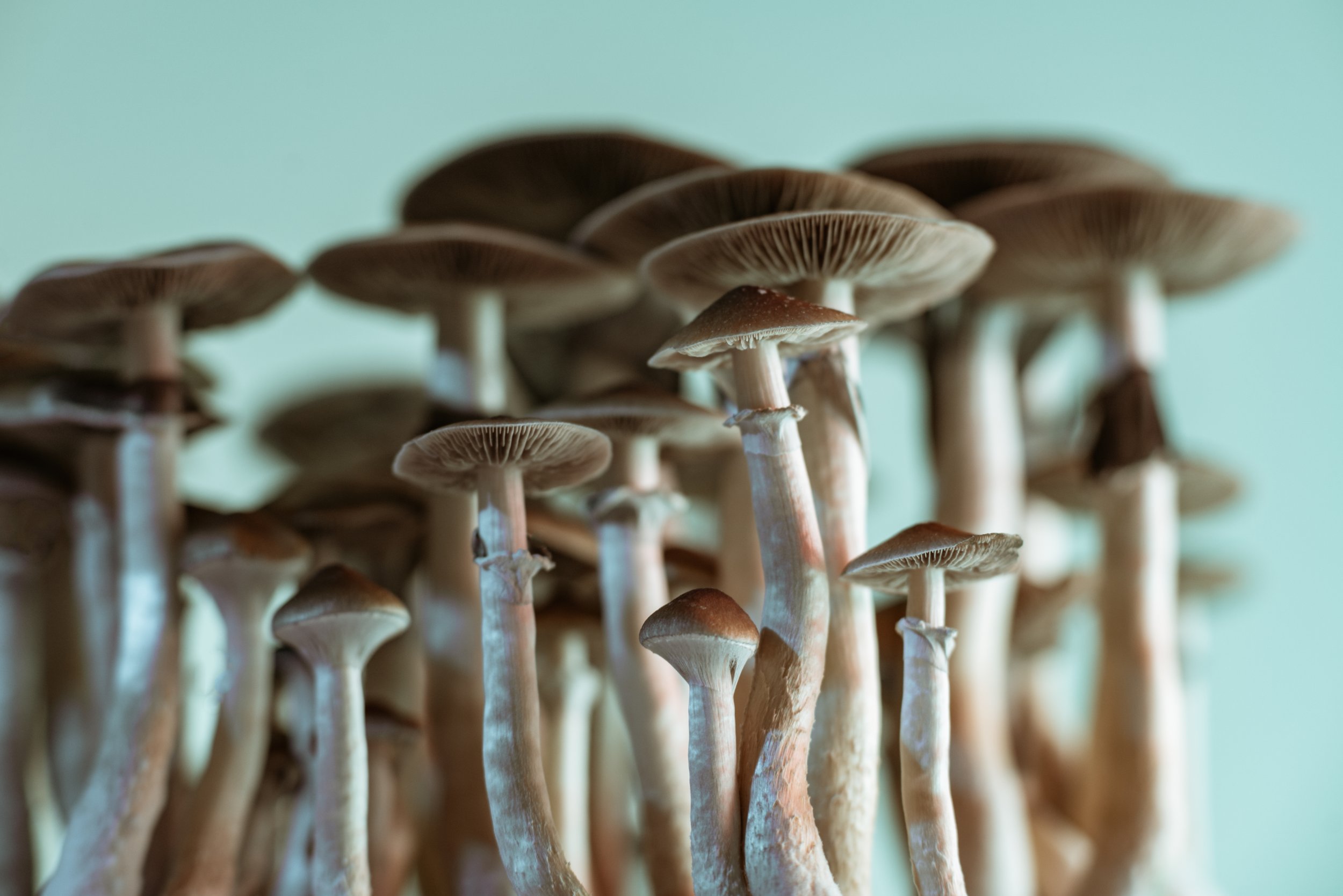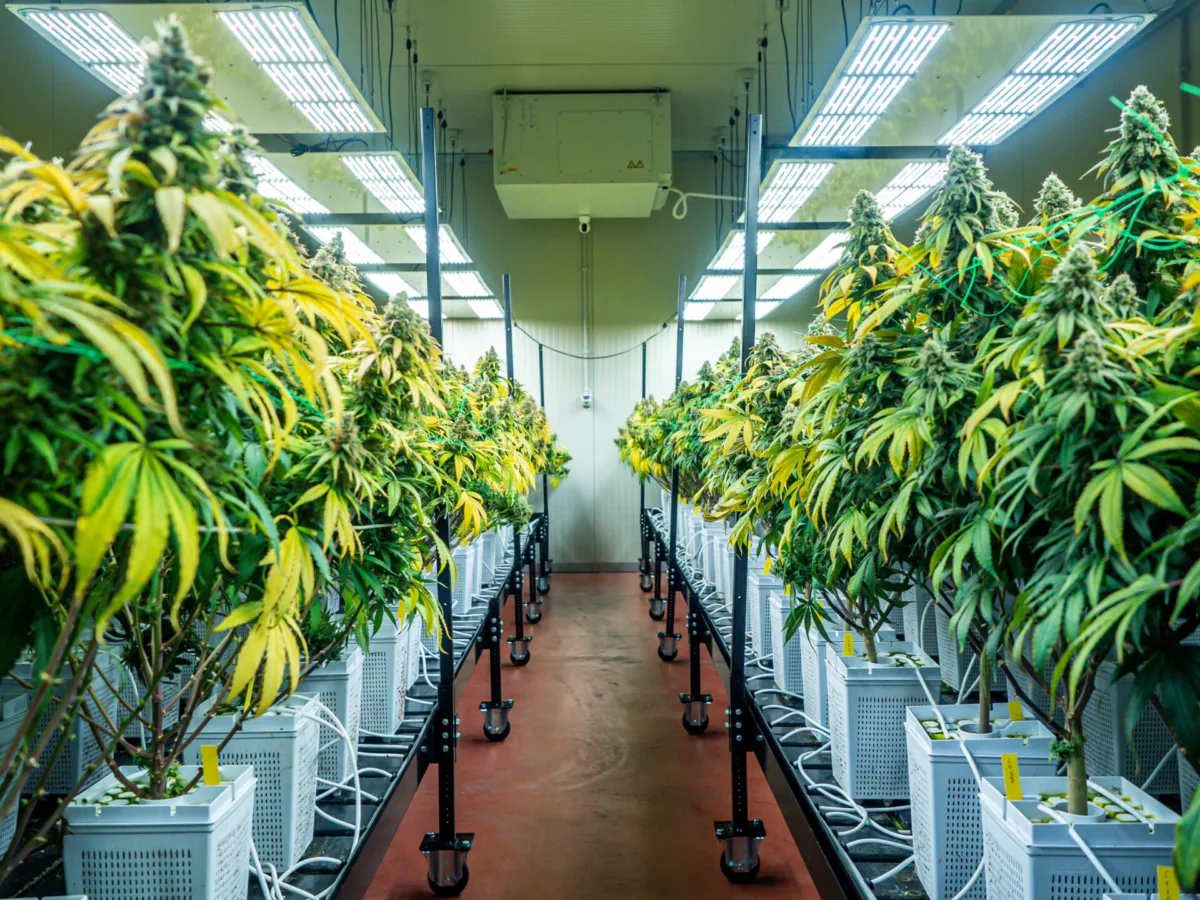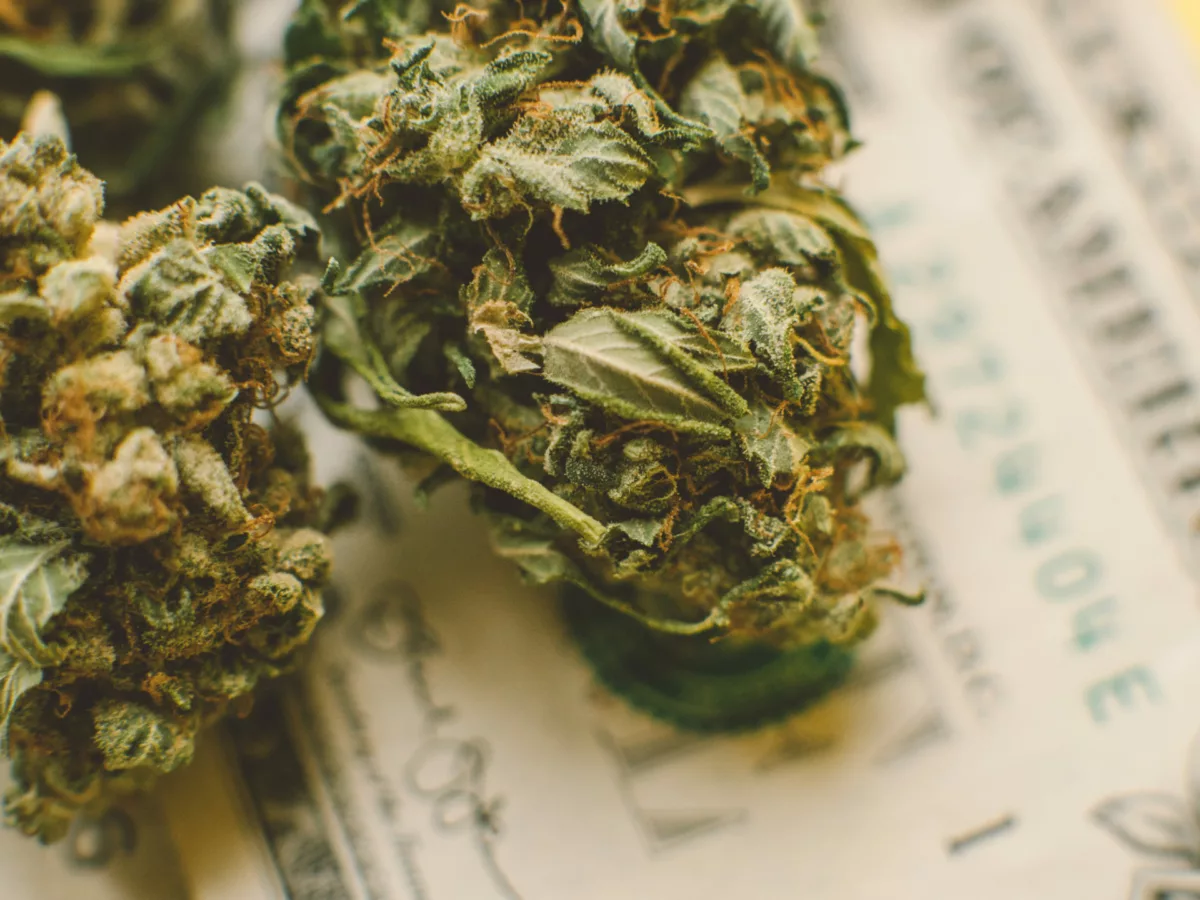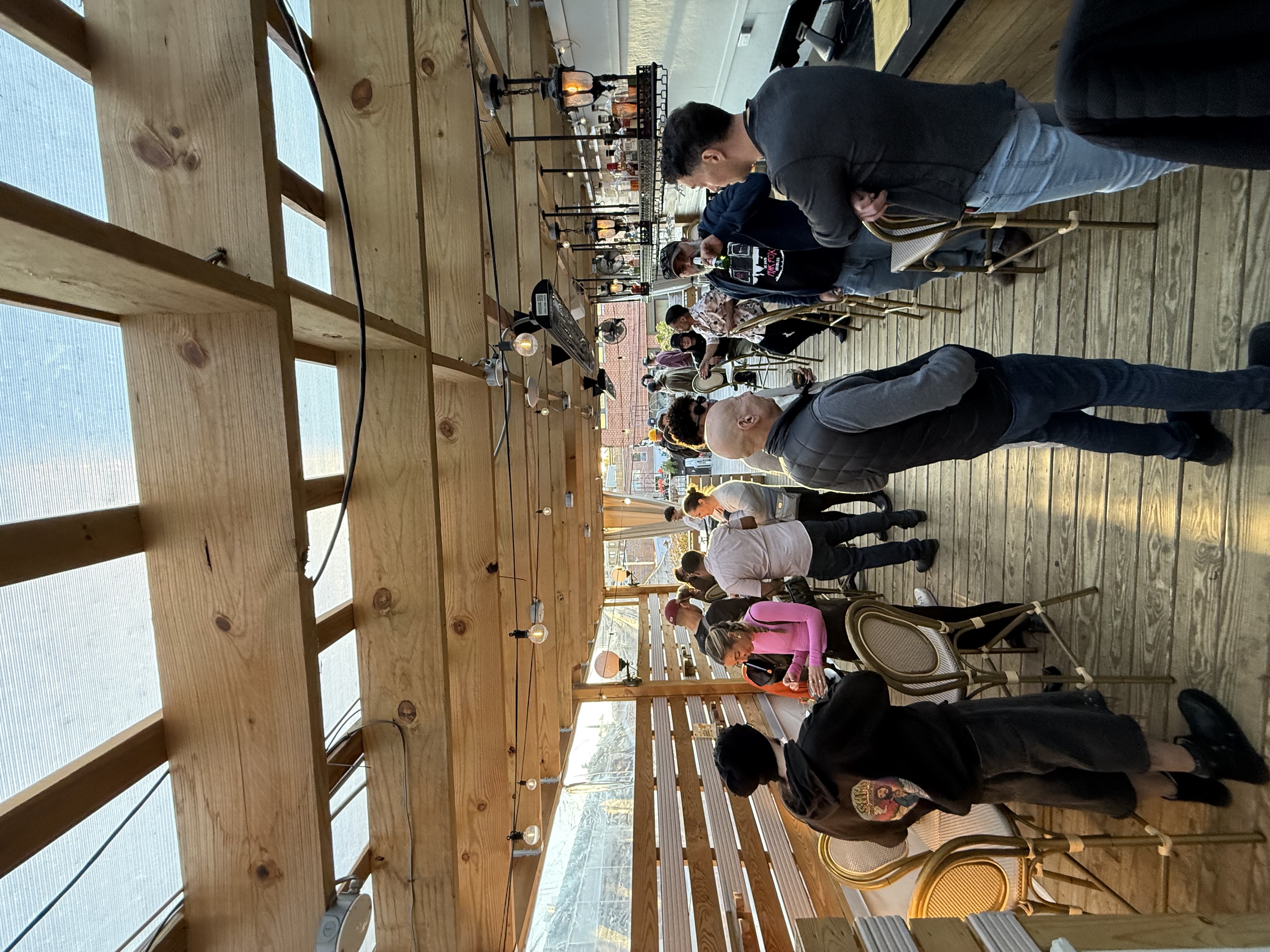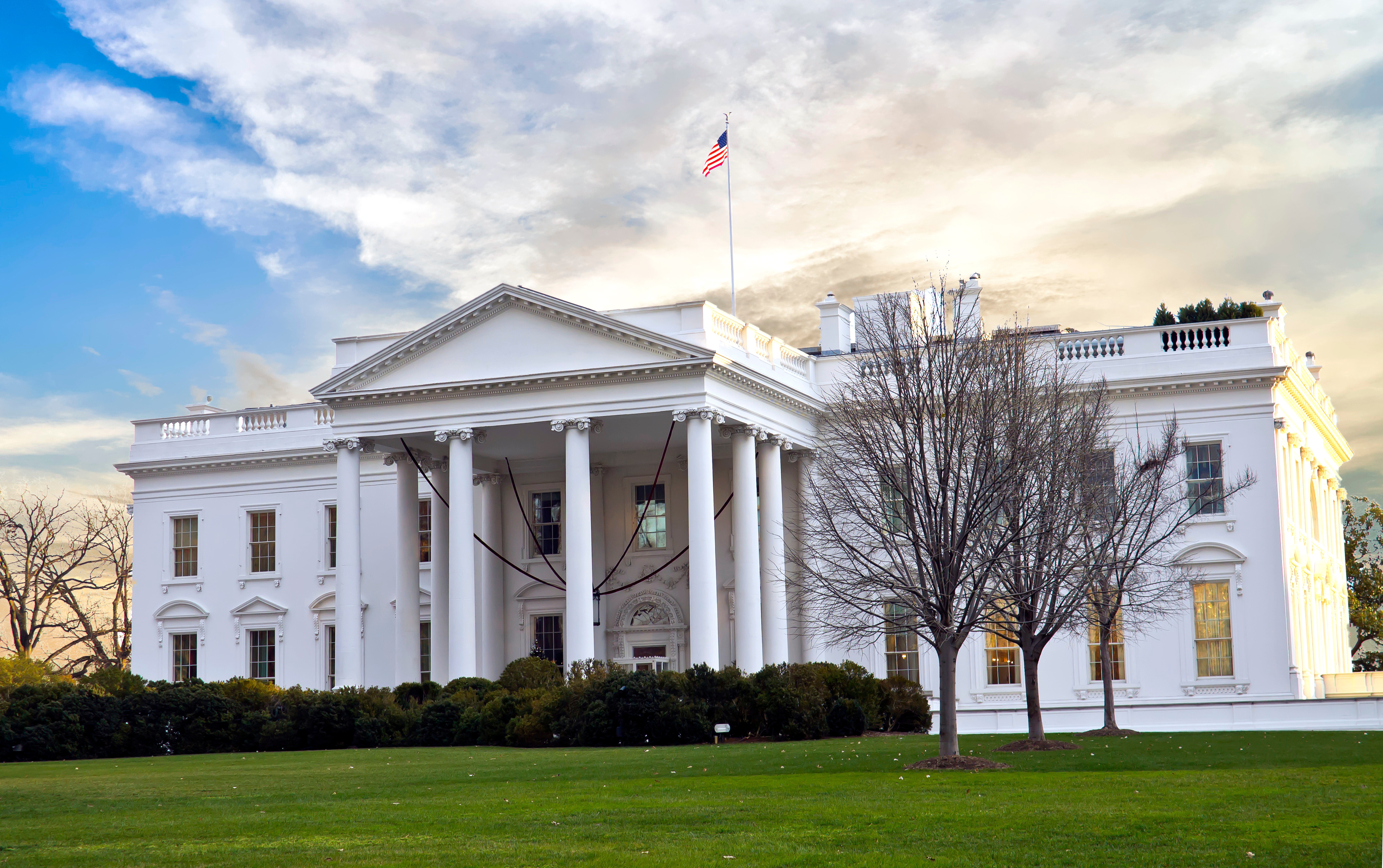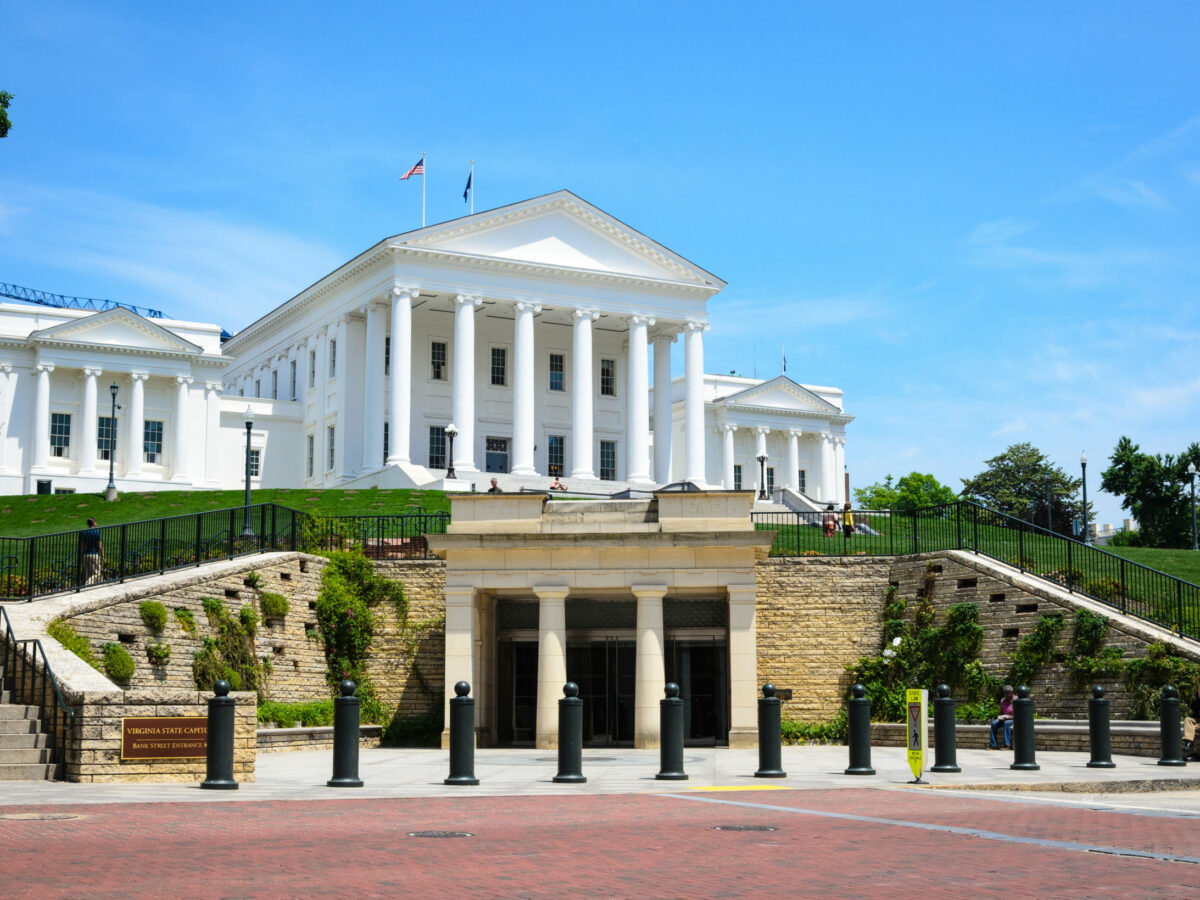With top medical research institutions now giving regular and serious consideration to the medical utility of psychedelics, the federal government is finally putting some money behind the movement.
Baltimore’s Johns Hopkins Medicine announced Monday that the National Institutes of Health (NIH) will provide nearly $4 million to help researchers study how psilocybin, known more colloquially as magic mushrooms, can affect tobacco addiction. Hopkins will work with researchers at New York University and the University of Alabama at Birmingham on a three-year study of a wide range of smokers at several sites.
The funding from the NIH’s National Institute on Drug Abuse will help expand on past research by Matthew Johnson, associate director of the Center for Psychedelic and Consciousness Research at Hopkins Medicine. Johnson led a study published in 2014 in which 15 longtime smokers — averaging about a pack a day over three decades — took moderate to strong doses of shrooms over two or three sessions within a 15-week period, complemented by cognitive behavioral therapy.
Six months out from the study, 12 of the 15 participants had been nicotine-free for at least a week, showing “promise regarding the safety of psilocybin as an adjunct to smoking cessation treatment,” according to the researchers.
The newly announced funding will help Johnson and colleagues broaden their work suggesting that the combination of shrooms and CBT can help break the thought and behavioral patterns that arise from long-term smoking.
“We knew it was only a matter of time before the NIH would fund this work because the data are so compelling, and because this work has demonstrated to be safe,” Johnson said in a statement this week. “Psilocybin does have very real risks, but these risks are squarely mitigated in controlled settings through screening, preparation, monitoring and follow-up care.”
Hopkins and NYU are among a growing list of institutions that over the last two decades have called attention to the medical and psychological utility of psychedelic drugs like LSD and psilocybin, both classified alongside cannabis as Schedule I drugs under the federal Controlled Substances Act. A Schedule I classification is reserved for substances with “a high potential for abuse, no currently accepted medical use… and a lack of accepted safety for use under medical supervision,” according to the U.S. Drug Enforcement Administration.
Thanks to those restrictions, such research in the U.S. has been strictly privately funded. Hopkins launched its Center for Psychedelic and Consciousness Research in 2019 with a $17 million donation from a group of private donors. NYU announced a similar move this past February with the forthcoming NYU Langone Center for Psychedelic Medicine, funded by $10 million in private support.
Other past studies out of Hopkins have found a combination of high doses of shrooms with psychotherapy can help to treat anxiety and depression among cancer patients, as well as major depression among a wider range of people.
The NIH has historically been uninvolved with research into psychedelics, as noted in a June STAT News op-ed by psychedelics activist Rick Doblin and psychiatrists Brian Barnett and Julie Holland. However, the agency appears to be changing its tune. In addition to the funding for Johnson’s smoking-cessation study, the NIH issued a grant in April to a Yale University researcher studying the neural effects of psilocybin in treating obsessive-compulsive disorder (OCD)
